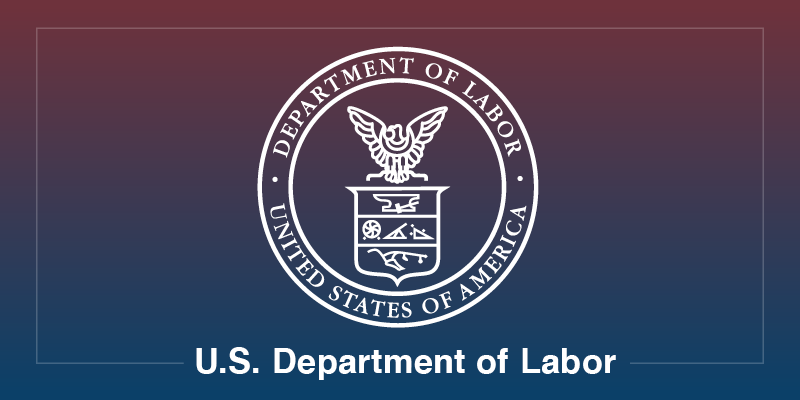A decentralized autonomous organization (DAO) out of Wyoming is looking to register with the Securities and Exchange Commission (SEC) as a public company, according to a new S-1 filed with the agency.
DAOs are leadership structures for grassroots economies run on the blockchain, and can contain secondary markets for exchanging governance tokens that members use to express consensus on leadership decisions for the group.
American CryptoFed DAO LLC is one of the first DAOs to formally request recognition from the SEC via S-1 registration and touts itself as the first DAO out of Wyoming. Crypto advocates have debated the best way for such decentralized organizations to be recognized by governments, and the U.S> state made a significant mark on the conversation earlier this year. In a hotly-debated law, the state allowed DAOs to be chartered in and recognized by state authorities as limited liability companies.
Though there are multiple paths to compliance, CryptoFed is following Wyoming’s path. Its attached exhibit designates the DAO as located in Wyoming and that the governance contracted will be interpreted by Wyoming law and token holders will submit to Wyoming jurisdiction.
CryptoFed is seeking to use two tokens to establish its secondary market. The so-called Ducat token will be utilized to price transactions, while the Locke token will be utilized for governance decisions.
The group is registering to enable a secondary market for these tokens in addition to refundable auctions of Locke and the sale of Ducat at a higher market price than their initial value. However, it intends for Ducat to be a stable token pegged to the U.S. dollar, and any proceeds from their sale at fluctuating value will be returned to purchasers “in one way or another.” It’s looking to the SEC to determine how to calculate and pay the registration fees related to the offerings.
To be clear, the DAO’s organizers contend the tokens are not securities and seek registration with the SEC as utility tokens. The DAO is looking to Commissioner Hester Peirce’s most recent draft of the Token Safe Harbor proposal as a guideline for disclosures and a path to compliance with the securities regulator. Though the proposal has yet to be formally recognized by the entirety of the Commission as a path to compliance for burgeoning projects, it details proposed disclosures and creates definitions for token projects and establishes a threshold for decentralization.
“CryptoFed is registering both Locke and Ducat tokens with the SEC as utility tokens, not as securities. Registration of the tokens offered under this prospectus does not mean that CryptoFed or Locke token holders will offer or sell Locke or Ducat tokens. The prices which CryptoFed or token holders may sell the tokens in this offering will be determined by the prevailing secondary market price for the tokens.”
Until the SEC declares CryptoFed’s Form S-1 effective, the tokens will be distributed, but restricted, unable to be traded and non-transferable. The DAO specifically contrasts itself with the U.S. Federal Reserve system in the S-1, touting inflation control and maximum employment in its decentralized system. It plans to utilize the EOS blockchain to run its own CryptoFed Blockchain as a sister-chain.
Users will be expected to open accounts at participating banks to handle necessary know-your-customer, anti-money laundering and money transmitter regulations.
theblockcrypto
















































